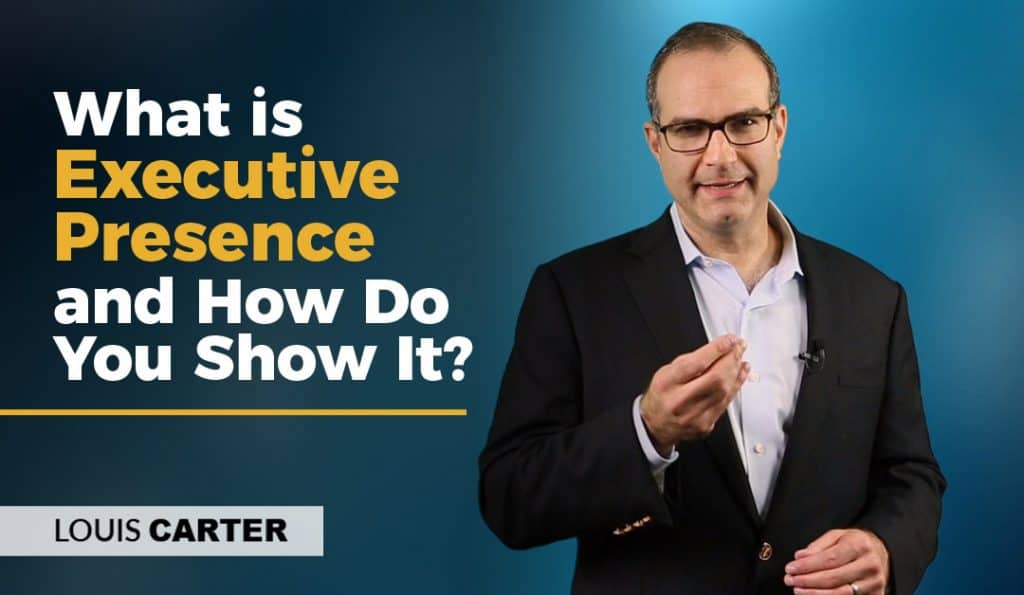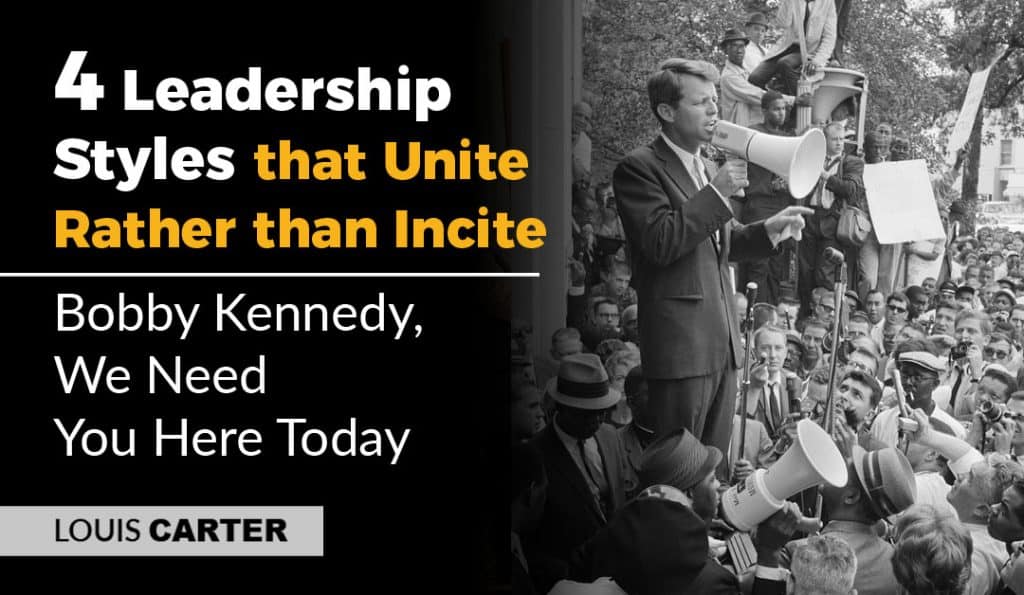
What Does a Directive Leadership Style Entail?
Directive leadership is one of the more common leadership styles, where the leader instructs his followers precisely what to do and how to do it.

Directive leadership is one of the more common leadership styles, where the leader instructs his followers precisely what to do and how to do it.

As a leader, how often do you find yourself being the smartest person in the room? Is it sometimes, most of the time, or is

While conventional forms of leadership are all about control, servant leadership places the needs of other people first and looks to transfer some of the

In recent times, within business circles, the “participative leadership” concept has become a catch-phrase. If you follow company blogs about leadership, then you have most

Have you ever known a person who exudes leadership qualities the moment they walk into a room? You instinctively know that this individual is in

Laissez-faire is a French word that translates into English as “leave alone“. This implies letting things thing happen without any interference. Therefore, a laissez-faire leader

Each style of leadership has a specific focus area. For example, some forms of leadership, such as democratic leadership, emphasize people’s growth while others, like

A blame culture manifests when employees pass responsibility to others for mistakes or lack of accountability. Blame cultures reinforce themselves when managers blame direct reports

The autocratic leadership style, usually seen in big bureaucratic institutions, is also found in some small and medium sized companies with other organizational structures. This

In this article, I describe the leadership styles of Robert F. Kennedy, Jr. that helped calm rather than incite riots after the assassination of Martin Luther King, Jr. that we can learn and apply to our current day conflicts.
Directive leadership is one of the more common leadership styles, where the leader instructs his followers precisely what to do and how to do it. Although it is one of the most common leadership styles today, directive
As a leader, how often do you find yourself being the smartest person in the room? Is it sometimes, most of the time, or is it never? I often wonder what qualifies someone to be
While conventional forms of leadership are all about control, servant leadership places the needs of other people first and looks to transfer some of the power to them. A term coined by Robert K. Greenleaf
In recent times, within business circles, the “participative leadership” concept has become a catch-phrase. If you follow company blogs about leadership, then you have most likely come across several posts and articles that discuss this
Have you ever known a person who exudes leadership qualities the moment they walk into a room? You instinctively know that this individual is in control when they begin talking, but why do you feel
Laissez-faire is a French word that translates into English as “leave alone“. This implies letting things thing happen without any interference. Therefore, a laissez-faire leader would be someone with a “hands-off” approach to managing and
Each style of leadership has a specific focus area. For example, some forms of leadership, such as democratic leadership, emphasize people’s growth while others, like bureaucratic leadership, are focused on existing structures and hierarchies. However,
A blame culture manifests when employees pass responsibility to others for mistakes or lack of accountability. Blame cultures reinforce themselves when managers blame direct reports or lower level employees rather than taking responsibility themselves. Taking
The autocratic leadership style, usually seen in big bureaucratic institutions, is also found in some small and medium sized companies with other organizational structures. This leadership style’s main advantage is that managers and direct reports
In this article, I describe the leadership styles of Robert F. Kennedy, Jr. that helped calm rather than incite riots after the assassination of Martin Luther King, Jr. that we can learn and apply to our current day conflicts.